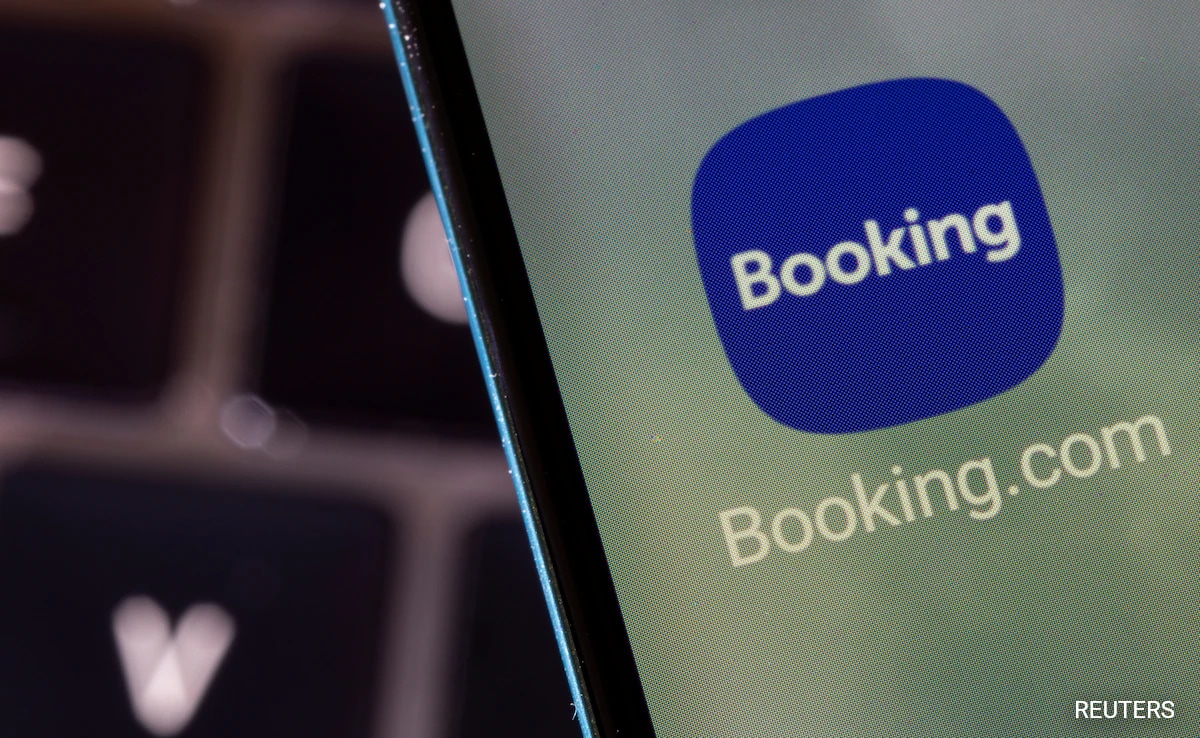The EU has already named six market “gatekeepers” that have to comply with the DMA
The European Union on Monday added Dutch online travel giant Booking.com to its list of digital companies that are big enough to fall under tougher competition rules.
Brussels also said it would investigate whether social media platform X, owned by tech billionaire Elon Musk, can be exempted from the rules.
The former Twitter has filed a rebuttal arguing that “despite meeting the thresholds, X does not qualify as a important gateway between businesses and consumers,” said the European Commission, whose probe should wrap up within five months.
Booking.com, whose parent company Booking Holdings is headquartered in the United States, now has six months to prepare for compliance with the landmark Digital Markets Act (DMA).
The EU has already named six market “gatekeepers” that have to comply with the DMA: Google parent Alphabet, Amazon, Apple, Meta, Microsoft and TikTok owner ByteDance.
The rules aim to level the playing field in the digital market, ensuring EU users have more options when choosing products such as web browsers and search engines.
The DMA also demands that companies inform Brussels before acquisitions of other firms, regardless of size, in a bid to curb monopolies.
Booking.com is a dominant player with a market share in Europe of more than 60 percent.
“Today’s good news is: holidaymakers will start benefiting from more choice and hotels will have more business opportunities,” said the EU’s competition commissioner, Margrethe Vestager.
Internal market commissioner Thierry Breton vowed the EU would work to make sure Booking “will fully comply with the DMA obligations within six months”.
– Companies in the crosshairs –
Booking.com said it had been in talks with the commission before the EU’s decision.
“(We) will continue to work constructively with them as we develop solutions to comply,” the company added in a statement.
With the DMA, the EU can impose fines of up to 10 percent of a company’s total global turnover. This can rise to 20 percent for repeat offenders and in the most severe circumstances, the EU can order the break-up of companies.
The EU has not shied away from taking on the biggest digital platforms, like Booking, through its new laws or using older, more established rules.
Brussels last year blocked Booking’s bid for eTraveli, a smaller online travel agent, citing fears it could lead to higher prices for consumers.
The EU has already launched probes under the DMA into Apple, Google and Meta.
For Brussels to name a company as a gatekeeper, they must fulfil certain conditions.
The criteria include having more than 45 million monthly active users in the EU and more than 10,000 yearly active business users established in the bloc.
Digital companies with an annual turnover in the EU of at least 7.5 billion euros ($8.1 billion) or a market value of above 75 billion euros also face the new curbs.
In the same statement on Monday, the commission also said it opted not to include advertising services provided by X and TikTok on its list.
(Except for the headline, this story has not been edited by NDTV staff and is published from a syndicated feed.)
Waiting for response to load…
















